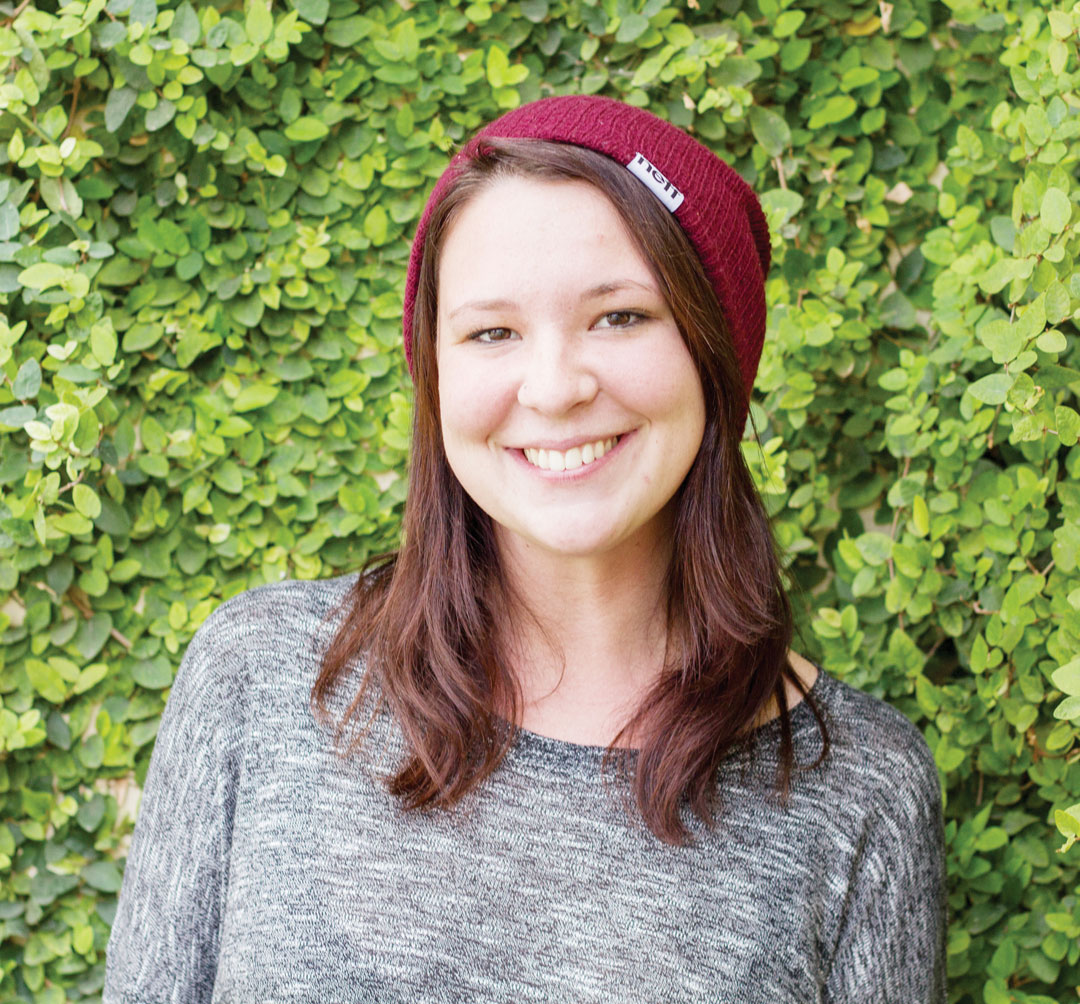
We live in a progressive society, and the younger generations are gaining confidence in expressing their thoughts, feelings and opinions publicly. Songs of tolerance and acceptance are found on most people’s profiles and posts. We are pushing for a loving society, encouraging individuals to find their voices, but we are slowly pushing
ourselves far away from tolerance.
Social media outlets such as Facebook and Twitter have become platforms for people to express their opinions openly, but consequently, tears down people who do not agree with their point of view.
Today, opening up Facebook or Twitter is not as friendly and positive as it used to be. They have become bloodbaths for moral disagreements, shaming of differences and expressing disgust in people who choose to share content stating their personal beliefs.
When I open Facebook, I am often greeted with a lengthy, detailed argument between two users, bashing each other for their opposing views on politics, religion or even social etiquette. It quickly steers from a factual, civil disagreement to a hateful, character-insulting shaming. Because this takes place on a social platform it is seen by other users who can stand by and watch or choose to jump in and take sides. Several comments later, multiple people have jumped in, and the argument is no longer about a difference of opinion, but attacks the way in which people are arguing, or simply insulting them just for holding a particular point of view.
When people argue adamantly on social platforms, they are, in a sense, forcing the audience surrounding the disagreement to choose sides rather than allowing them to come to conclusions about a particular topic themselves. It also forces potentially negative impressions of the individuals involved that may have a different viewpoint. Social argumentation can be factual and helpful, but it has become a means for judgment and prejudice.
As someone who greatly fears judgment and public humiliation, responses I have received from other people during my time on social media have greatly influenced the content I post and the frequency at which I participate in social media.
The content I post often does not reflect my personal opinions or beliefs, mostly out of fear of upsetting my audience. Social media is supposed to be a window into the life of an individual but because I, and probably others, am driven by fear, our supposed transparency with social media may not always accurately represent individuals.
While hiding behind a computer screen, socially degrading others for conveying what they believe in is as harsh as it gets. When people are publicly shamed for expressing how they feel, we as a society are taking one step forward and two steps back as we shame those for expressing themselves; especially after we have told them it is safe to do so.
If we are going to continue progressing positively as a society, our first step is acceptance. No matter how much we progress as a society, no one will ever agree fully with one another.
We all bring different experiences, stories and feelings to the table, making us a diverse
community. Having the experiences and opinions of other people shared with us should help us form our own worldviews and opinions, and embrace the differences our peers, friends and individuals offer.


